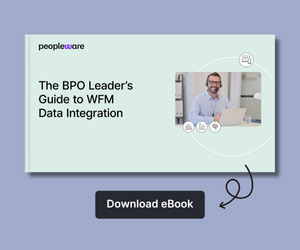Chris Key explains how to reduce the impact on your contact centre in the event of a server failure.
One of the most common causes of server failure and data loss in contact centres is hard-drive failure. This is because most disk drives today still use moving parts. Solid state drives (SSDs), which have no moving parts, are available, but they can suffer degradation after a number of years depending on usage.
Hostcomm has more than 300 servers within its network which is located in across five data centres. Having this many servers gives us a good insight into the likely causes of a server failure and possible data loss. We’ve drawn on this experience to create data-management and back-up processes for our contact centre clients.
1. Regularly changing servers
This ensures the hardware always has a reasonably long “shelf life”.
2. RAID arrays
This mirrors the data over two or more disk drives so that if a drive fails the others can instantly take over.
Hardware RAID is required, not software RAID, which requires too much server resource.
3. Server clustering
This spreads the server components over several physical machines, meaning there is no single point of failure.
4. Remote database backup
Having a remote (offsite) backup protects against disasters relating to the server or data-centre.
5. Master/Slave database set-up
This mirrors the database to another local machine which is ready to take over if the main server fails.
6. FTP transfer
Transferring the database and call recordings overnight to a remote server.
7. Portable drive backups
This can be done if the data cannot be copied over an internet connection due to its size.
8. Replicating to a CRM system
Thereby having two sources of live data.

Chris Key
Many business are reducing their data back-up burden by moving their systems to cloud contact centres. By hosting their data in the cloud, they can reduce the cost and burden of maintaining on-premise hardware.
But this doesn’t remove the risk of server failure and data loss. Find a cloud contact centre provider with experience and well-defined processes so you can focus on your contact centre performance.
With thanks to Chris Key at Hostcomm
Author: Megan Jones
Published On: 28th Oct 2015 - Last modified: 22nd Mar 2017
Read more about - Archived Content, Hostcomm




























